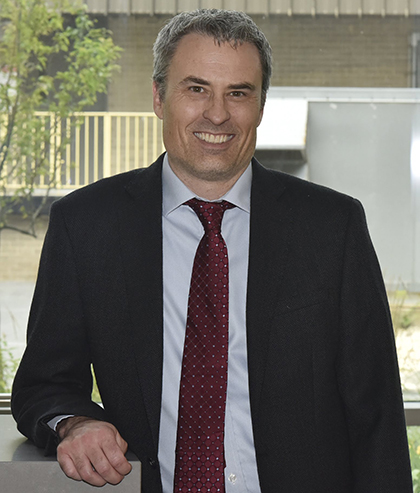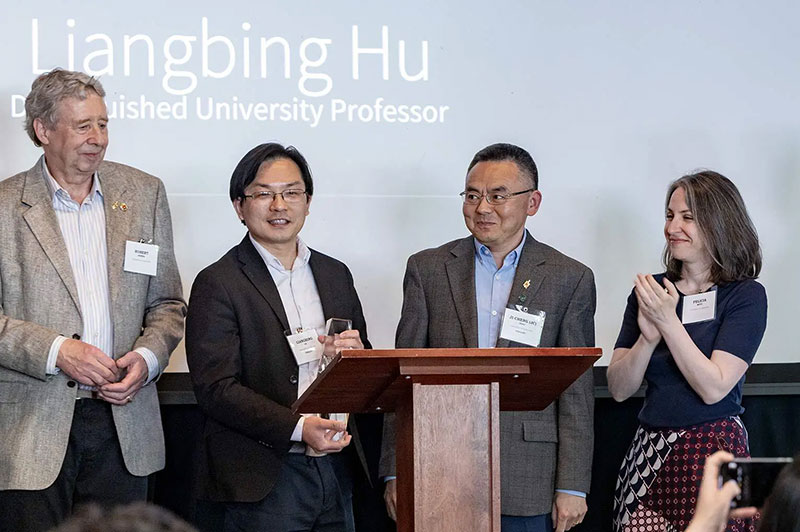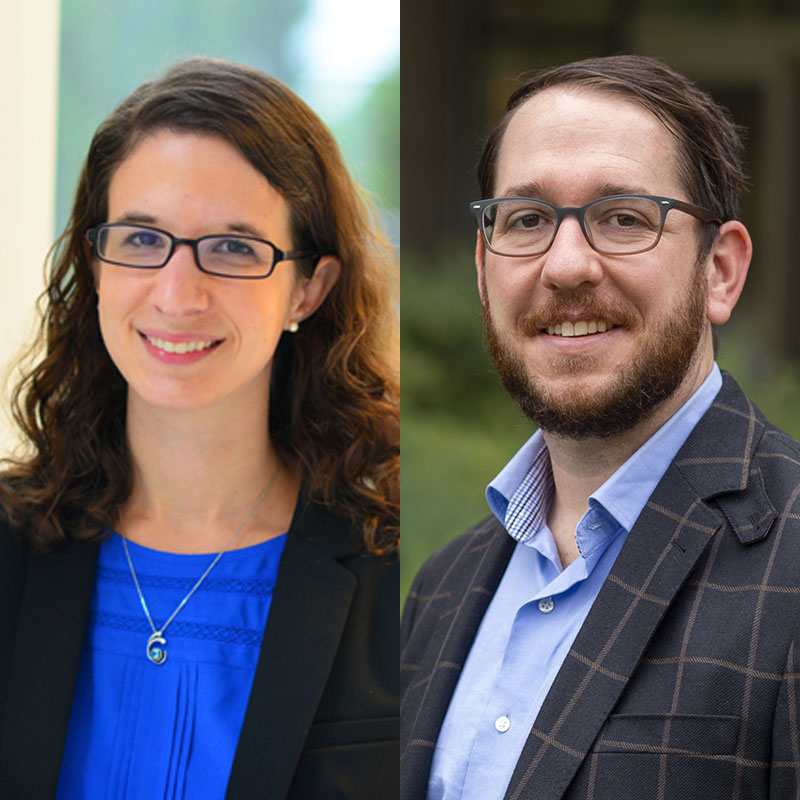White Appointed Associate Chair for Graduate Studies and Director of Graduate Programs
October 31, 2025
Ian White, Professor in the Fischell Department of Bioengineering (BIOE), has been appointed Associate Chair for Graduate Studies and Director of Graduate Programs. After more than a decade leading BIOE’s undergraduate program, White will bring his leadership experience and commitment to student success to the department’s graduate program. While his new role centers on graduate education, he continues to support undergraduate students through his work as co-director of the new B.S.–M.D. Program, a collaboration between the University of Maryland, College Park, and the University of Maryland School of Medicine that connects engineering, data science, and medicine.
White has earned multiple honors for his contributions to research and teaching, including several NIH R01 awards, an NSF REU Site award, the E. Robert Kent Teaching Award for Junior Faculty, and the NSF CAREER Award. His experience mentoring undergraduate and graduate students has given him a broad view of how education and research work together to advance the department’s mission.
“Undergraduate and graduate education are critical to the success of the department in their own unique way,” White says. “In a successful graduate program, the intellectual contributions and hard work of graduate students drive the department’s research output and elevate its reputation.”
“Undergraduate and graduate education are critical to the success of the department in their own unique way. In a successful graduate program, the intellectual contributions and hard work of graduate students drive the department’s research output and elevate its reputation.”
-Ian White
In his new role, White plans to focus on three key priorities: strengthening research excellence, supporting student development, and building a strong academic community. He aims to ensure that graduate students have access to the training, resources, and mentorship they need to thrive in both their studies and research.
He also plans to introduce new initiatives that recognize student achievement. These include department-level awards for outstanding research and greater encouragement for students to apply for national fellowships. Through these efforts, White hopes to increase visibility of BIOE graduate research across the broader bioengineering community.
Reflecting on his approach to mentorship, White believes that research excellence begins with a sense of purpose. “I aim to remind students to find their purpose and to pursue it,” he says. “Research excellence results from pursuing meaningful questions with curiosity, creativity, and persistence.”
Looking to the future, White anticipates that artificial intelligence will continue to shape the field of bioengineering. He sees this evolution as an opportunity to help students learn how to use AI responsibly and effectively, while maintaining scientific rigor and ethical awareness.
Through his leadership, White aims to continue advancing the BIOE graduate program as a community that values innovation, collaboration, and purposeful research—preparing students to make meaningful contributions in science, engineering, and society.







